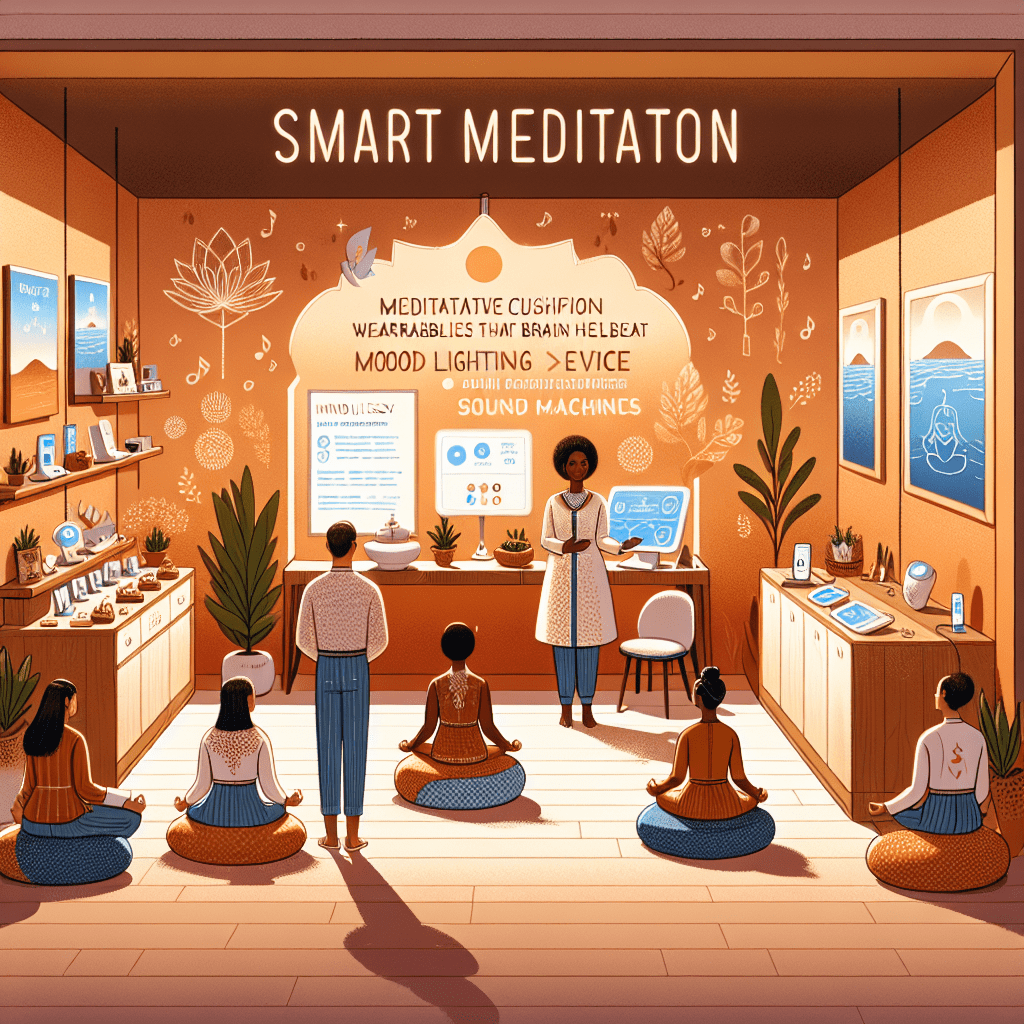
Prioritize your mental well-being daily. Enhance your life by nurturing your mental health with the Smart Meditation app. Break free from stress, alleviate anxiety, and enhance your sleep quality starting today.
What Can I Take Instead Of Antidepressants?
Discovering Alternatives to Antidepressants: A Path to Natural Wellness
In the hustle and bustle of modern life, it’s no surprise that many folks find themselves grappling with the blues or even full-blown depression. It’s tough out there! While antidepressants are often prescribed and can be incredibly helpful for many, some individuals prefer to explore other avenues that align more closely with a natural lifestyle or to sidestep potential side effects. If you’re in this camp, you’re not alone. Let’s dive into a treasure trove of alternatives that might just be the beacon of light you’re looking for.
Harnessing the Power of Lifestyle Changes
First things first, let’s talk lifestyle. It’s amazing how much influence our daily habits have on our mental well-being. Here’s the lowdown:
- Get Moving: Exercise isn’t just about getting swole or shedding pounds. It’s a bona fide mood booster, too. The science is clear: regular physical activity can kickstart endorphins, those feel-good hormones, and act as a natural antidepressant. Whether it’s a brisk walk, yoga, or hitting the gym, find an activity that gets your heart pumping and brings a smile to your face.
- Eat Smart: Ever heard of “brain food”? There’s a reason why omega-3 fatty acids, found in fish like salmon and in flaxseeds, are touted for their brain-health benefits. Incorporating a diet rich in vegetables, fruits, lean protein, and whole grains can support mental health.
- Sleep Tight: Never underestimate the power of a good night’s rest. Sleep and mood are closely connected; skimping on shut-eye can escalate stress, irritability, and depression. Establishing a soothing nighttime ritual and aiming for 7-9 hours of sleep could be a game-changer.
Natural Supplements: Navigating the Options
Moving on from lifestyle tweaks, let’s wander into the realm of natural supplements. Now, it’s crucial to have a chat with your healthcare provider before starting any new supplement, as “natural” doesn’t always mean “risk-free.” Here are a few that have caught the eye of researchers:
- St. John’s Wort: A well-known herbal remedy thought to help with mild to moderate depression. However, it’s a bit of a wildcard when it comes to interacting with other medications, so proceed with caution.
- Omega-3 Fatty Acids: These aren’t just good for the heart; they could also help keep the blues at bay.
- Probiotics: The gut-brain axis is a hot topic, and maintaining a healthy gut flora might positively impact mood.
- SAM-e (S-adenosylmethionine): This mouthful of a supplement has been studied for its potential in treating depression, though it’s on the pricier side.
Mind Over Mood: The Role of Therapy
Let’s not forget about therapy – it’s not merely talking about your feelings. Techniques such as Cognitive Behavioral Therapy (CBT) have a solid track record in helping individuals manage depression by changing negative thought patterns and behaviors. It’s about equipping you with the tools to tackle life’s ups and downs in a healthy, constructive way.
The Bottom Line
Remember, what works for one person may not work for another. It’s all about finding the right combination that resonates with your body and mind. Whether through lifestyle changes, natural supplements, therapy, or a blend of these, the journey towards well-being is as individual as you are. Always consult with a healthcare professional before making significant changes to your treatment plan. The road to discovery can be long and winding, but it’s also sprinkled with opportunities for growth and healing. Here’s to finding your path to natural wellness!




